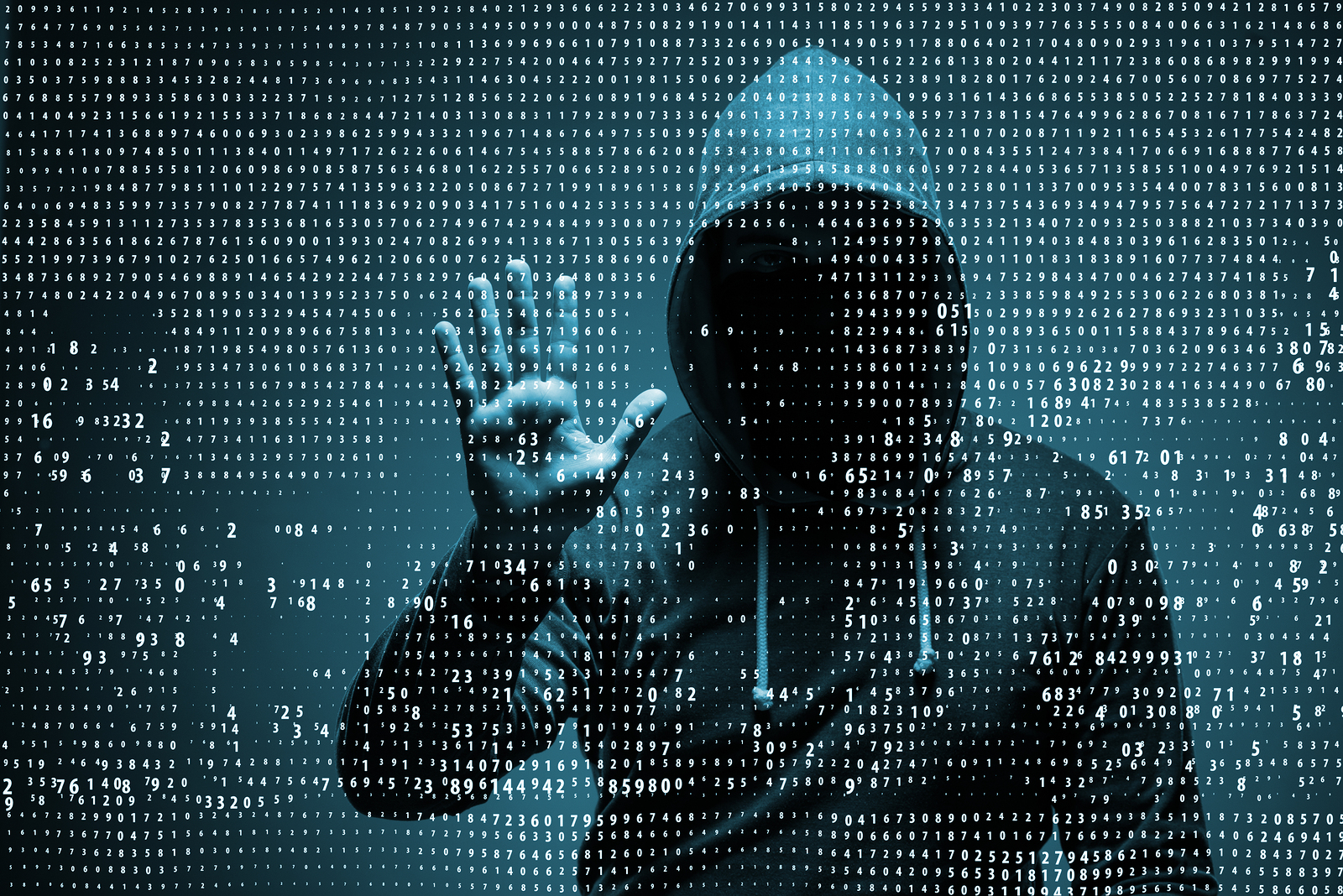15 Arrested for PUBG Cheating and Hacking Programs - Fined 5.1 Million Dollars Combined

It is no secret that within the gaming community cheating is a problem. In the recent months, PUBG has seen an increase of players hacking and cheating. To combat this problem, most companies including Bluehole, the developing company for PUBG, have either temporarily or permanently banned players who cheat. However, PUBG recently took anti-cheating measures most companies have not yet done; arresting the developers of these cheating programs.

The developers would create a cheating program specific for PUBG, and sell the program to anyone interested in cheating (obviously). One thing that these developers also did was embed a Trojan virus within the cheating code to steal information, money, and control of the consumers PC. (scroll to the bottom if you do not know what a Trojan virus is.) Bluehole recognized this cheating and hacking problem and addressed it by having 15 people arrested with more being investigated. Along with 15 individuals being arrested, fines were given and totaled up to 5.1 million USD. Bluehole has also given their statement of cheating and hacking. "We’ll continue to crack down on hacking/cheating programs, until our players are free to battle it out in a totally fair environment."

To people who are ignorant of what a Trojan virus is, think of the story of the Trojan War. In this story, the Greeks gave a large statue of a horse made of wood to the Trojans. The horse was given as a peace offering but inside the horse were Greek soldiers who hid. Once the time was right, the soldiers exited the horse and opened the gates to Troy, letting the rest of the Greek soldiers in the city to bring war and avoid the walls. In the case of a Trojan virus, the horse is the code. While aspects of the code work, such as being able to cheat, the code also passively allows the developer to access the consumers PC. Once inside the PC, the virus can inject keyloggers (which track every key that is pressed by your keyboard). This allows the developer of the cheating program to obtain personal information such usernames and passwords for many things such as banking, social media, etc.
Arrested? Wow, that's something new. Does that make this make gaming history? If they didn't have the trojan in there, do you think they could have still gotten them in legal trouble?
It's hard to say whether or not they would have been arrested without the virus embedded in the coding. From what we've seen before and how game developers treated this problem in the past, I doubt there would have been arrests. My speculation is that upon keylogging someones information, the developers of the cheat programs most likely committed theft.
Or maybe Bluehole is setting a precedent within their guidelines. Regardless, it is definitely interesting and new within the gaming community.
Arresting?! That's a strong new (not sure but I think) GOOD move!!... I don't think people who cheat in normal battles should be arrested, but people who spread Trojan viruses should be stopped by any means.
To clarify a bit, only people who developed cheats and inserted viruses were arrested.
I agree. While I believe in punishing cheaters in game, I think that the crime of stealing someone else's personal information is more serious. The person stealing money and personal information is essentially robbing the cheater without entering their homes or being there in person. I think that this is a good move by Bluehole.
To address the problem of cheaters in game, I agree with the way Fortnite does things. From what I've seen, Fortnite somehow bans the graphics card of a specific PC if that user is found cheating.
You mean the actual VGA?! how can they do that?...
It's interesting to think that is possible, being a hobbyist gamedev.
I have no clue if it's possible. It's just what I've heard and read. Obviously, you can't believe everything you read on the internet. You would have a better idea than me if this is even possible since you said like to make games as a hobby.
If you don't know there's a good chance it is a lie.
As far as I know it's almost impossible to ban a specific hardware, unless you're the manufacturer or have a close relation with one. (I know Nintendo can ban your device from access the eShop, but that's because the hardware was designed that way from the start.)
But if they really found a way to do that, they'd be amazing!!